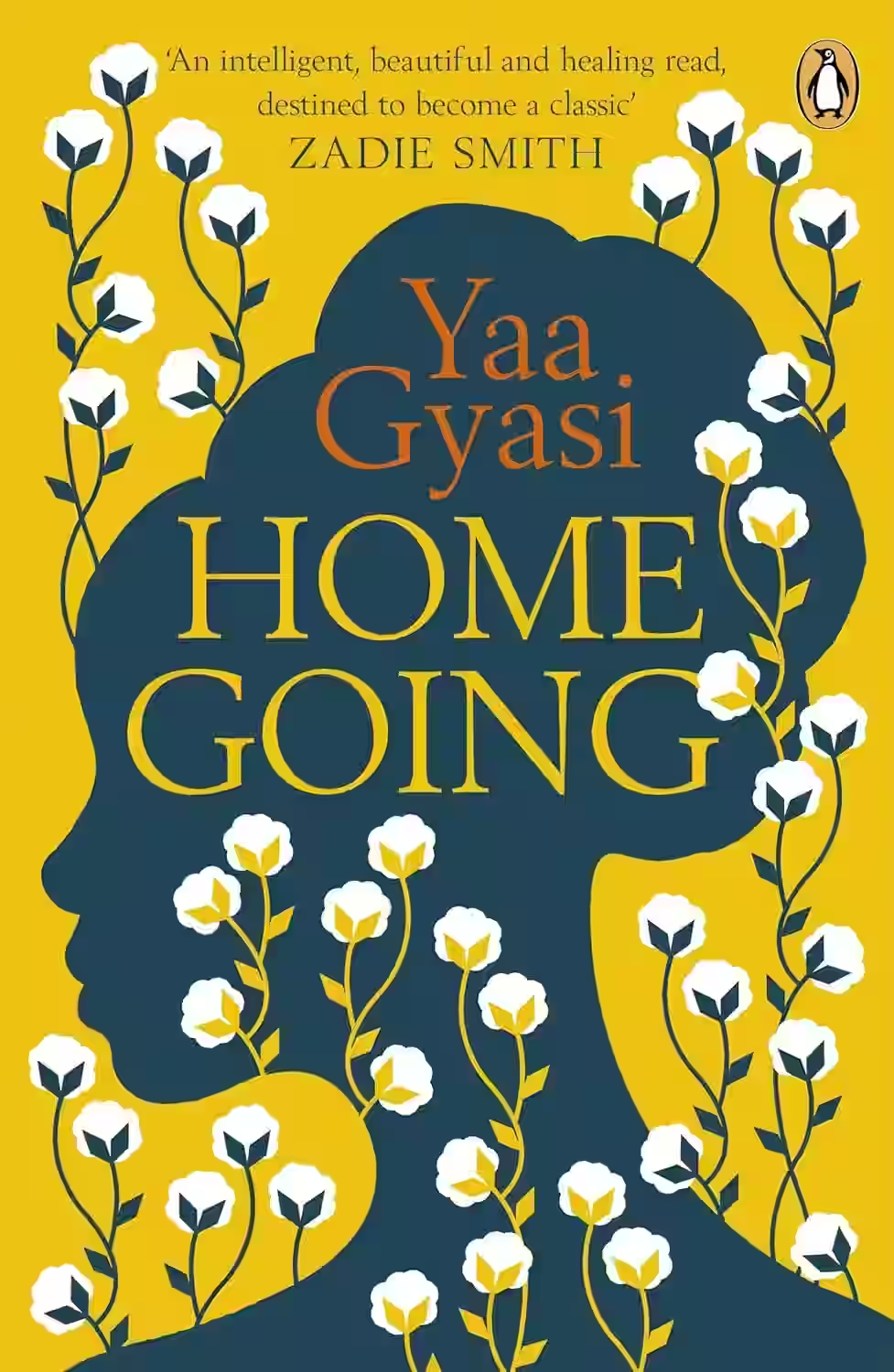
Spanning 300 years and two continents, Homegoing traces the divergent fates of two half-sisters—one sold into slavery, the other married to a British colonizer. Each chapter follows a descendant, capturing the rippling effects of slavery, racism, and resilience through generations. Gyasi’s powerful debut is an ambitious, emotionally rich exploration of identity, heritage, and the enduring scars of history.
About Yaa Gyasi
A Ghanaian-American novelist, who rose to prominence with her debut novel, Homegoing. Her work often explores the legacy of slavery, intergenerational trauma, and the complex history of Ghana and its diaspora. Gyasi's lyrical prose and ability to weave together multiple narratives across centuries offer a profound and intimate look at historical and contemporary issues of identity and belonging, solidifying her as a compelling voice in contemporary literature.
Other Books by Yaa Gyasi
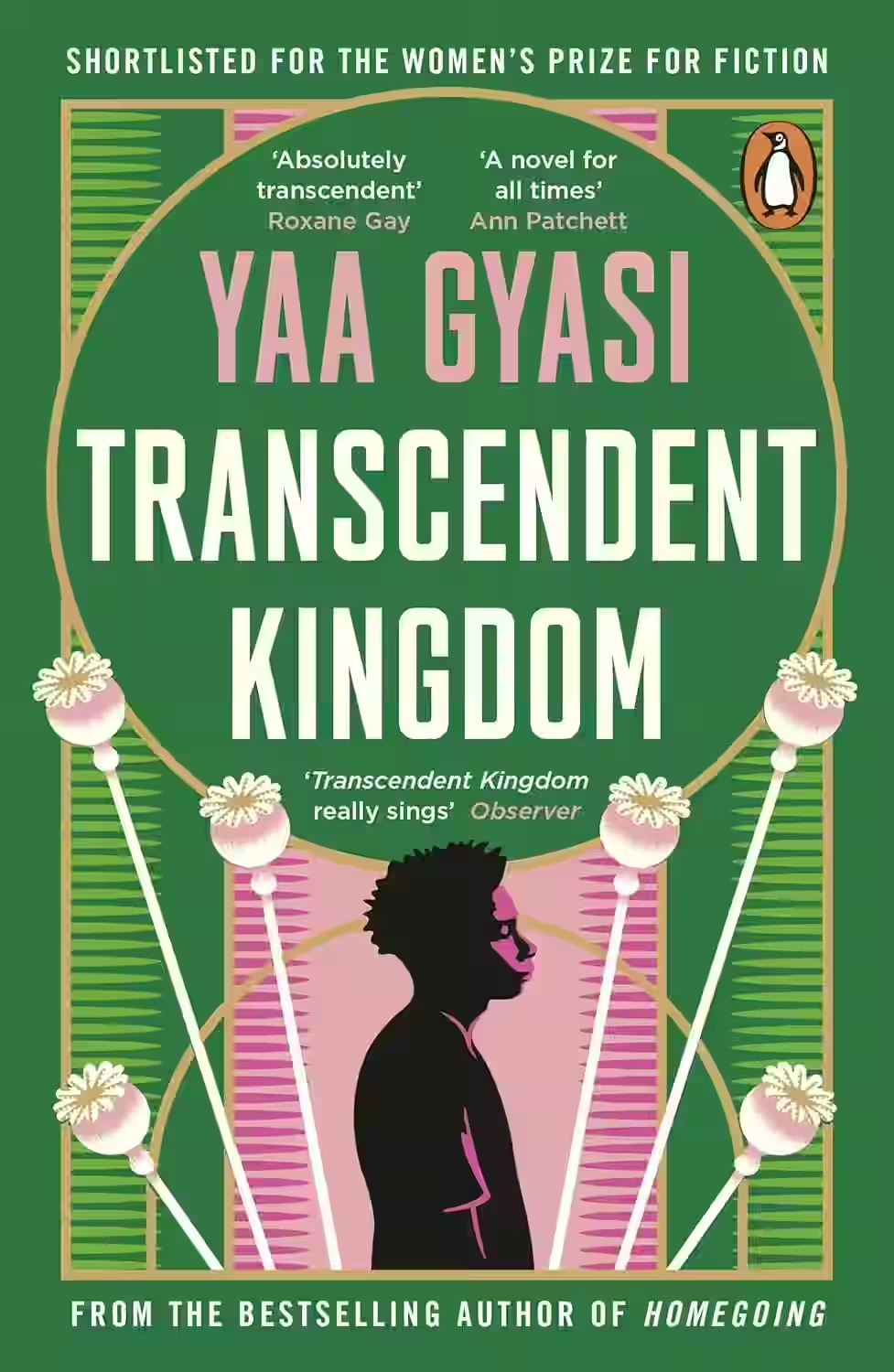
Transcendent Kingdom
by Yaa Gyasi
Yaa Gyasi’s Transcendent Kingdom follows Gifty, a Ghanaian-American neuroscientist grappling with her family's suffering and her own search for meaning. As she researches addiction and depression, she reflects on her brother’s opioid overdose, her mother’s depression, and her evangelical Christian upbringing. The novel explores the intersection of science, faith, grief, and the immigrant experience. With intimate prose and intellectual depth, Gyasi reveals how trauma and cultural identity shape one’s understanding of the world and the self.
Similar Books
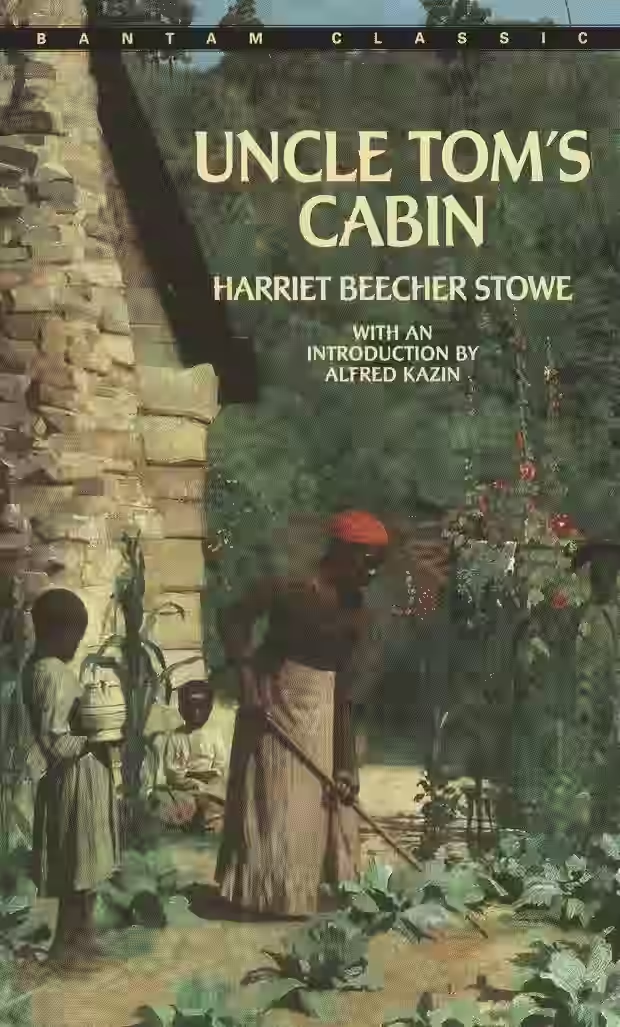
Uncle Tom’s Cabin
A landmark anti-slavery novel, Uncle Tom’s Cabin tells the story of enslaved man Tom and the brutal realities of slavery in 19th-century America. With vivid characters and emotional power, it galvanized abolitionist movements and shaped public opinion like no other book of its time. Though controversial for its portrayals today, it remains a pivotal work in American literature and history, sparking empathy and national debate.
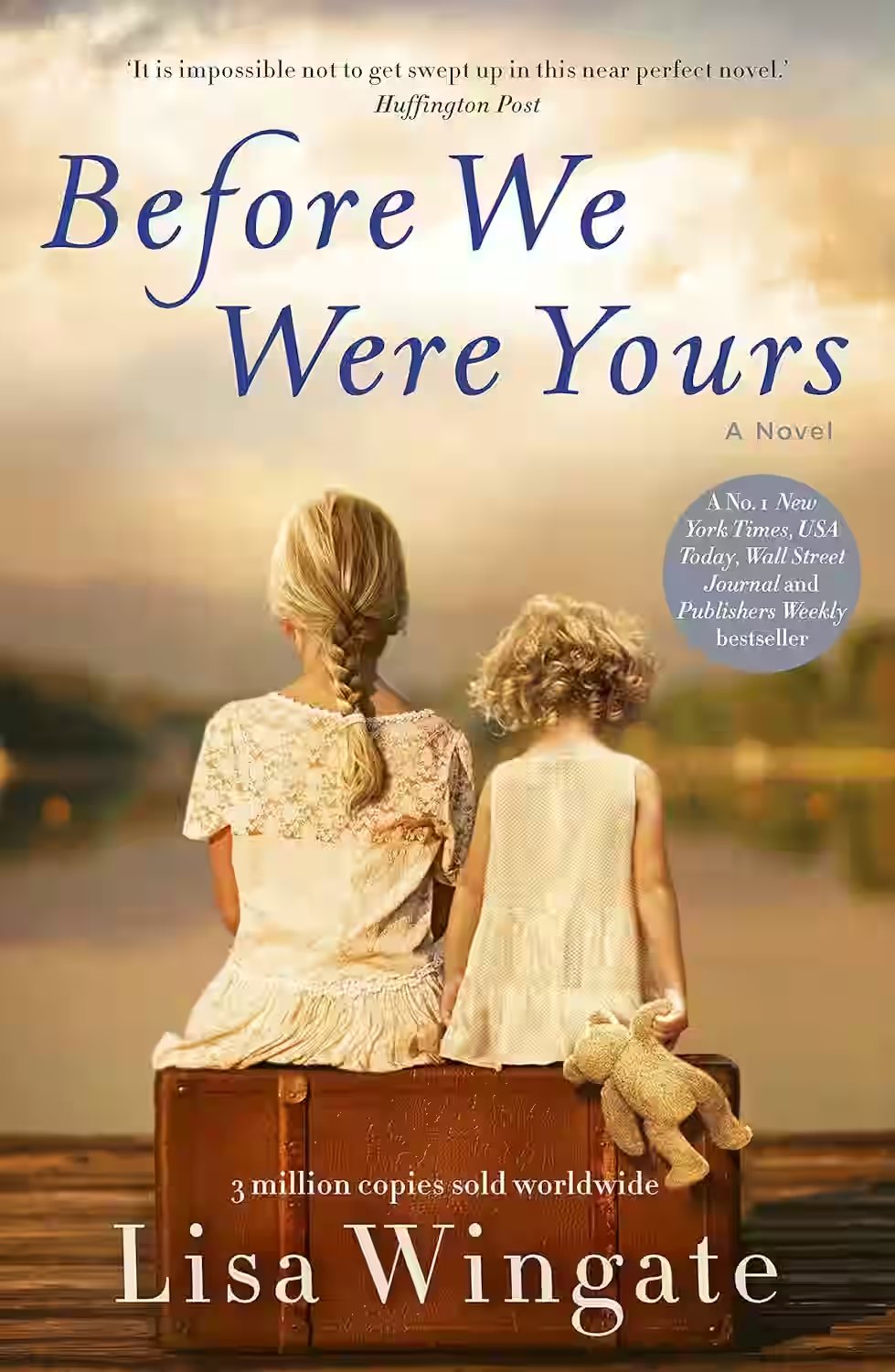
Before We Were Yours
by Lisa Wingate
Lisa Wingate's 'Before We Were Yours' is a poignant and gripping tale that delves into one of America's most heartbreaking real-life scandals. Set in two timelines, it juxtaposes the 1939 story of the Foss siblings, torn apart by an orphanage that sold poor children to wealthy families, with a modern-day investigation led by Avery Stafford, who is drawn into her family's hidden past. The novel skillfully explores themes of identity, family bonds, and the pursuit of justice. Wingate's rich character development and emotive storytelling result in a powerful narrative that captivates readers, prompting reflection on the resilience of the human spirit.
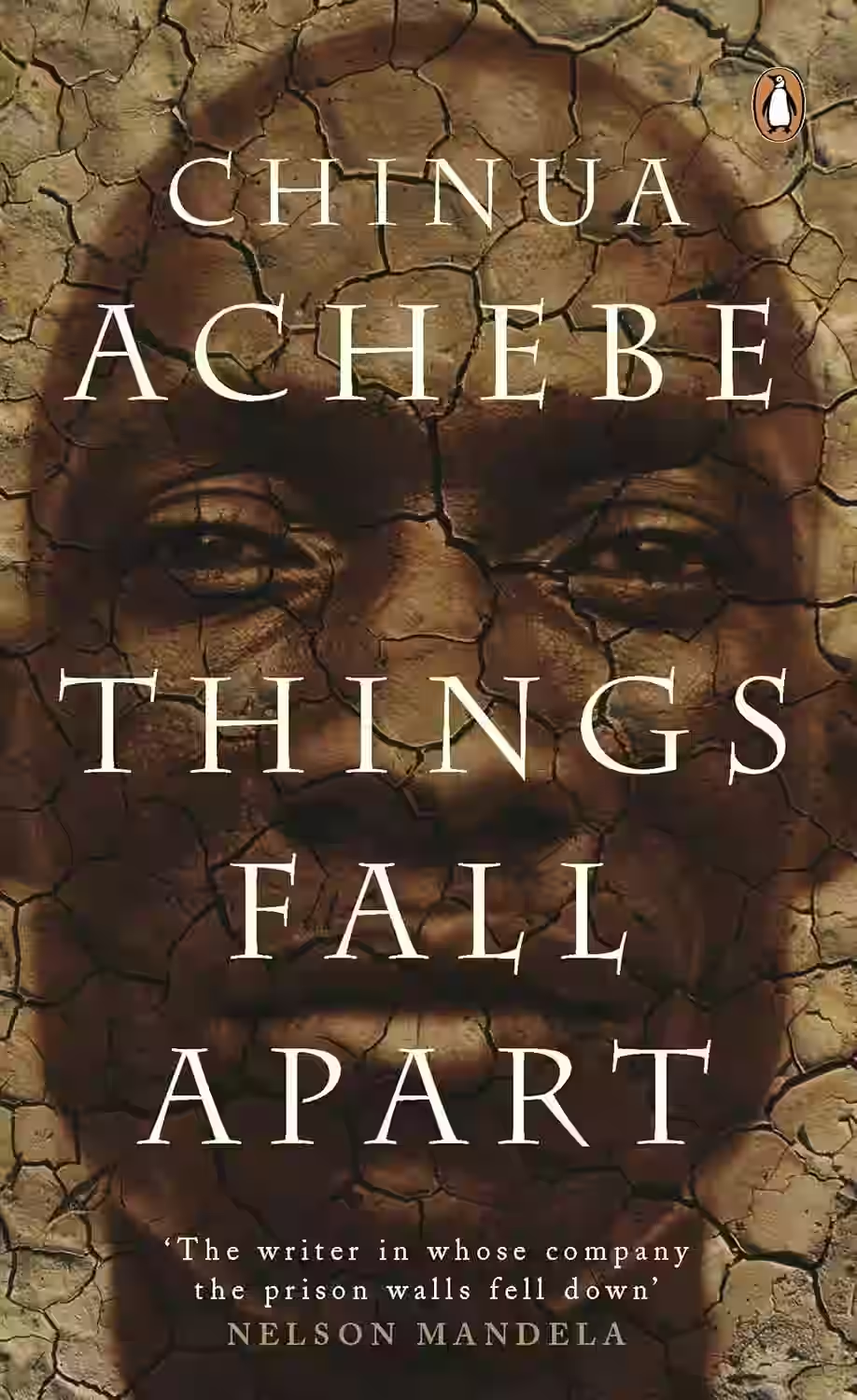
Things Fall Apart
Okonowo is the greatest warrior alive. His fame has spread like a bushfire in West Africa and he is one of the most powerful men of his clan. But he also has a fiery temper. Determined not to be like his father, he refuses to show weakness to anyone - even if the only way he can master his feelings is with his fists. When outsiders threaten the traditions of his clan, Okonowo takes violent action. Will the great man's dangerous pride eventually destroy him?
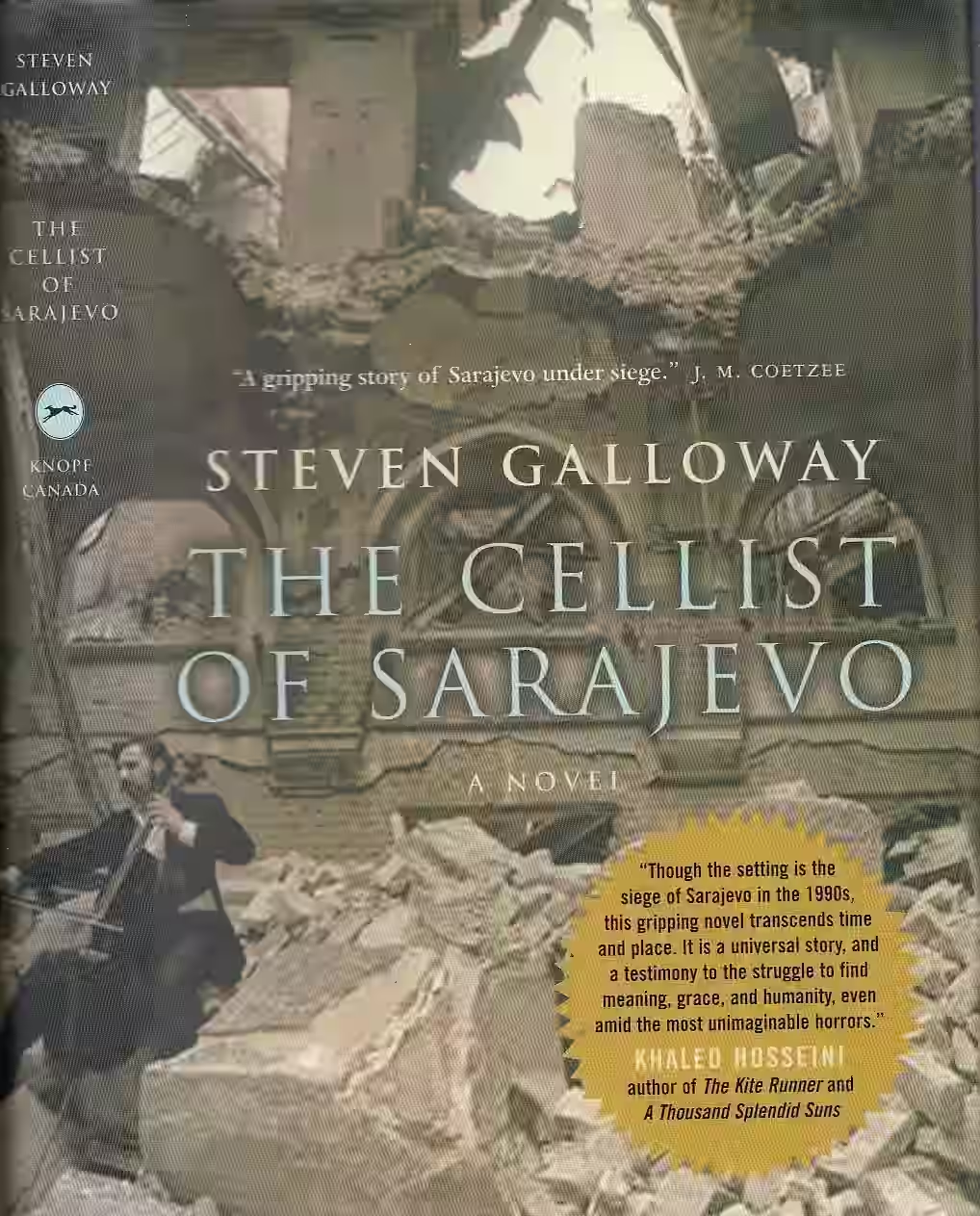
The Cellist of Sarajevo
Set during the siege of Sarajevo in the early 1990s, 'The Cellist of Sarajevo' by Steven Galloway is a poignant exploration of life under siege. The novel interweaves the lives of three characters—Dragan, Kenan, and Arrow—each struggling to preserve their humanity amidst the chaos of war. Their stories orbit around the figure of a cellist, who plays Albinoni's Adagio in the streets to commemorate the lives lost to a mortar attack. Galloway deftly captures the resilience of the human spirit, the impact of art in times of despair, and the simple acts of courage that shine through the shadows of conflict. The book's haunting prose and meditative tone create an indelible reflection on the moral choices faced in brutal circumstances.